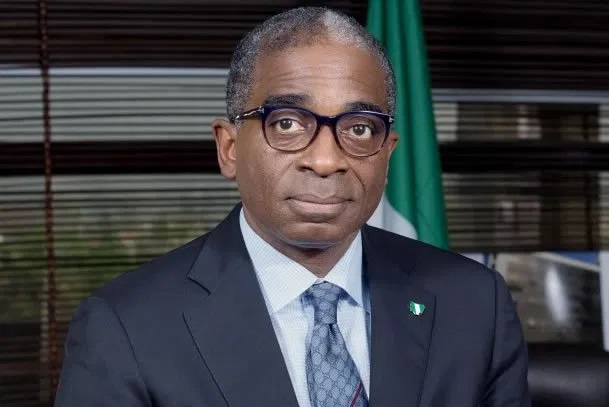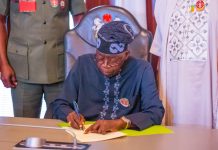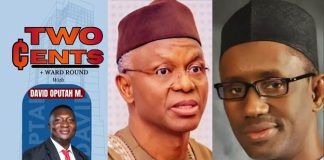Nigeria’s Economic Sustainability Plan, ESP, has in-built mechanism to stimulate small businesses to produce for export.
Executive Director, Nigerian Export Promotion Council, NEPC, Segun Awolowo, stated this on Thursday while speaking with State House correspondents in Abuja.
He said that the ESP provides for funds that would mitigate the impacts of the Covid-19 pandemic on small businesses and keep them afloat in the face of the pandemic.
“The Economy Sustainability Plan that was developed has money to help them to pay salaries, to help them to trade.
“But the most important thing is to build them up so they can produce more. We will help them so that they can pay salaries of staff because the SME bracket is the biggest employer of labour in Nigeria as we speak.
“So, we need to really help them; and that is what part of the ESP is going to do, which President Buhari has approved and launched.
“With all that, we will be able to stimulate the economy up to a point that it can get back on track and we can move it, but that’s what is happening.”
Zero oil plan
Mr. Awolowo said that Nigeria’s push for zero oil economy has shown that there are many products that the country can export to earn foreign exchange.
One area, according to him, is the petrochemicals, which accounts for about US $150 global trade annually.
Nigeria was never in it; yet we are a petrol economy; that is the sad thing about it, but now you see the Dangote Refinery is coming on stream.
“By next year, we start producing petrochemicals from there. The BUA Group has also announced that theirs is going to happen in Akwa Ibom.
“So, we will get there, we have many things also that are moving on the zero oil plan.
“The CBN has put money into about five sectors we think we can generate foreign exchange on. We will see changes we need to hold this economy afloat with movement in that area of our economy.”
Deficit trade balance
Awolowo said that trade figures show that Nigeria is running at a deficit as a result of the Covid-19 pandemic, adding that it was to be expected because the country’s economy depends on only oil as the main foreign exchange earner.
However, he was hopeful that the country’s economy will rebound next year with the programmes and policies being put in place in response to the pandemic.
“The challenges that this Covid-19 has brought to us, we hope that by next year we will start to come out of it, however the agricultural products are not faring so bad.
“In fact we had an increase in sesame even during this period and we were even able to move some goods by air freight.
“So you look for opportunities where there are challenges and that is going to be the story as we try and move forward.
“There is no doubt that the economy is not doing too well. You can all feel it; all of you feel it.”
Global crisis
Mr. Awolowo noted that the global economy is facing a crisis with different countries tackling it in different ways.
He said that the Nigerian economy and people have shown resilience in the face of the global challenge.
“We are determined that we would not let this thing knock us down; we are going to get up and be going.
“That is the joy behind Nigeria’s ESP that President Buhari launched to make us face the challenge squarely and see how we can rejig parts of our economy, manage the lockdown and open up.
“We must just find a way to manage it so that we don’t go under; other countries are having it worse than we have.
“But as the power house in Africa, the largest economy, the biggest population, focus is of course on Nigeria.”
He said many other countries are looking at what Nigeria is doing and how the country is coping to learn from it.
Source: VON













